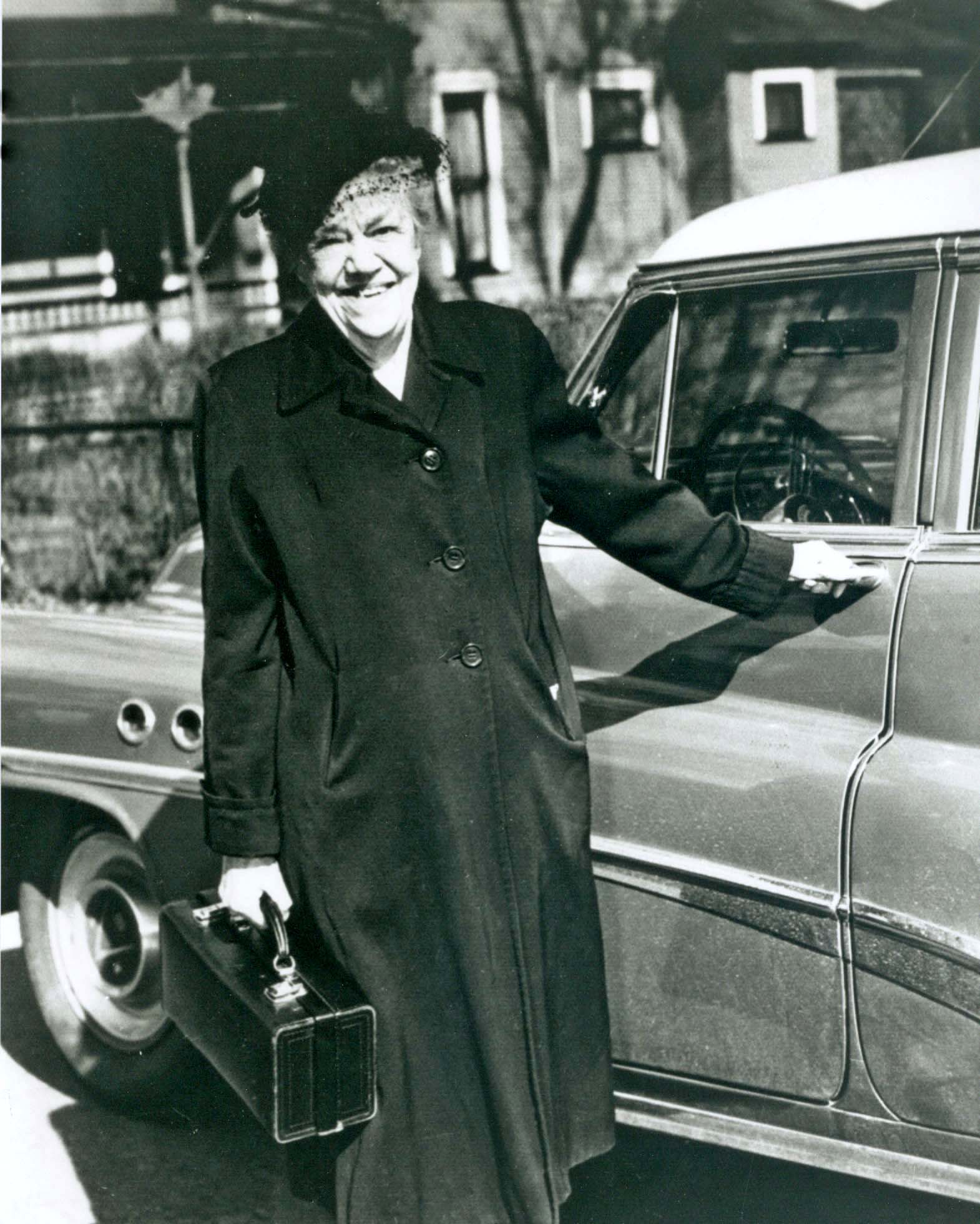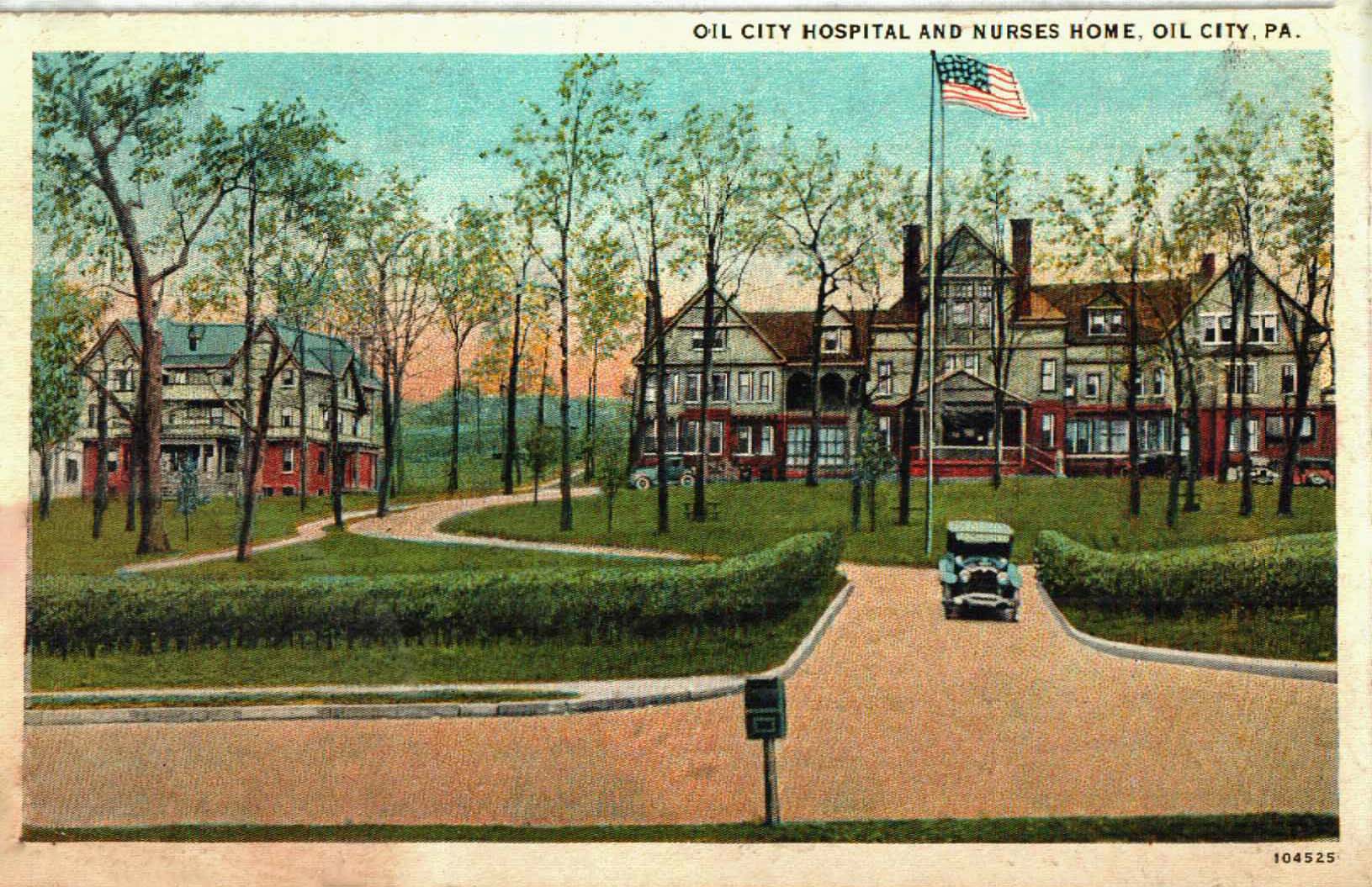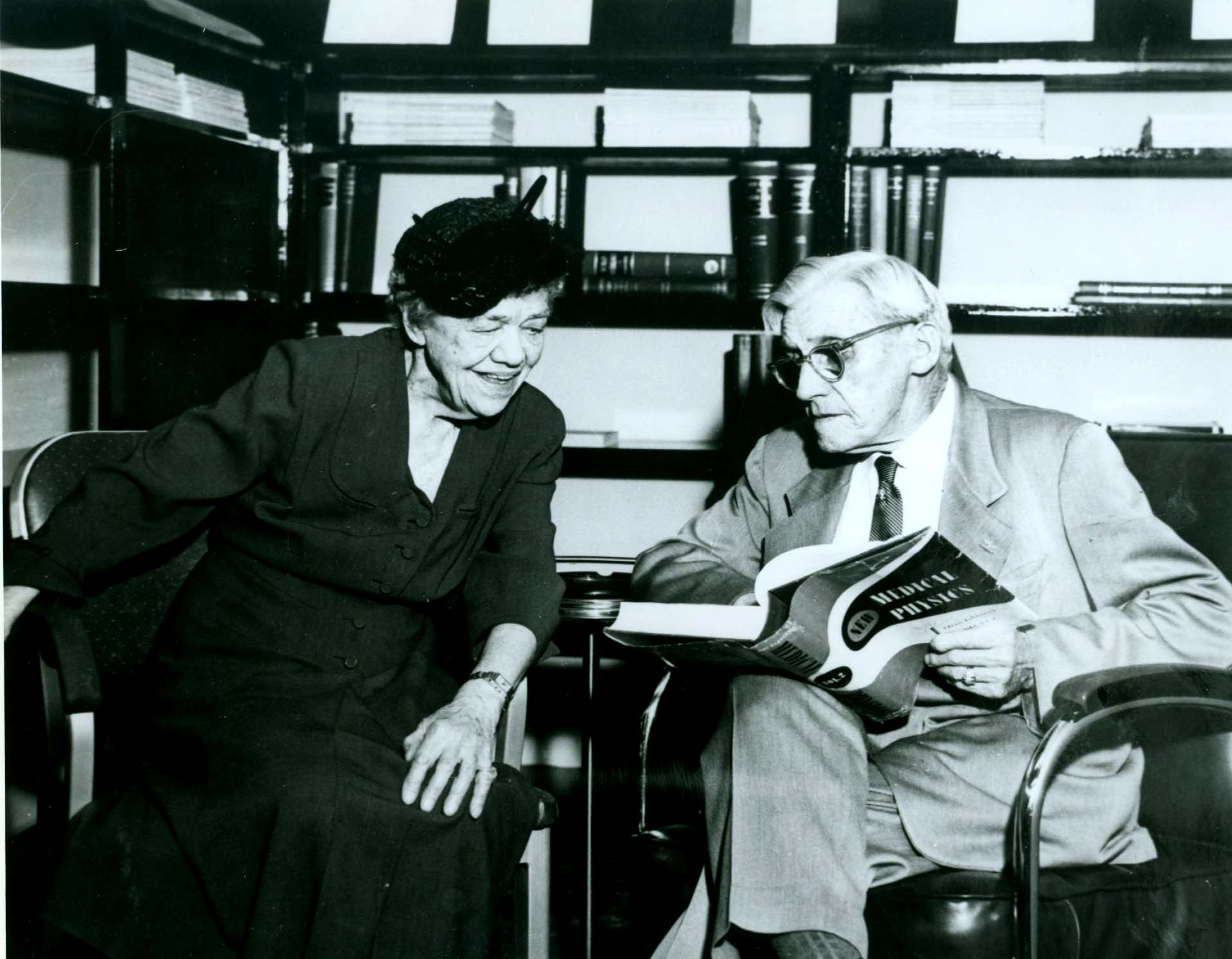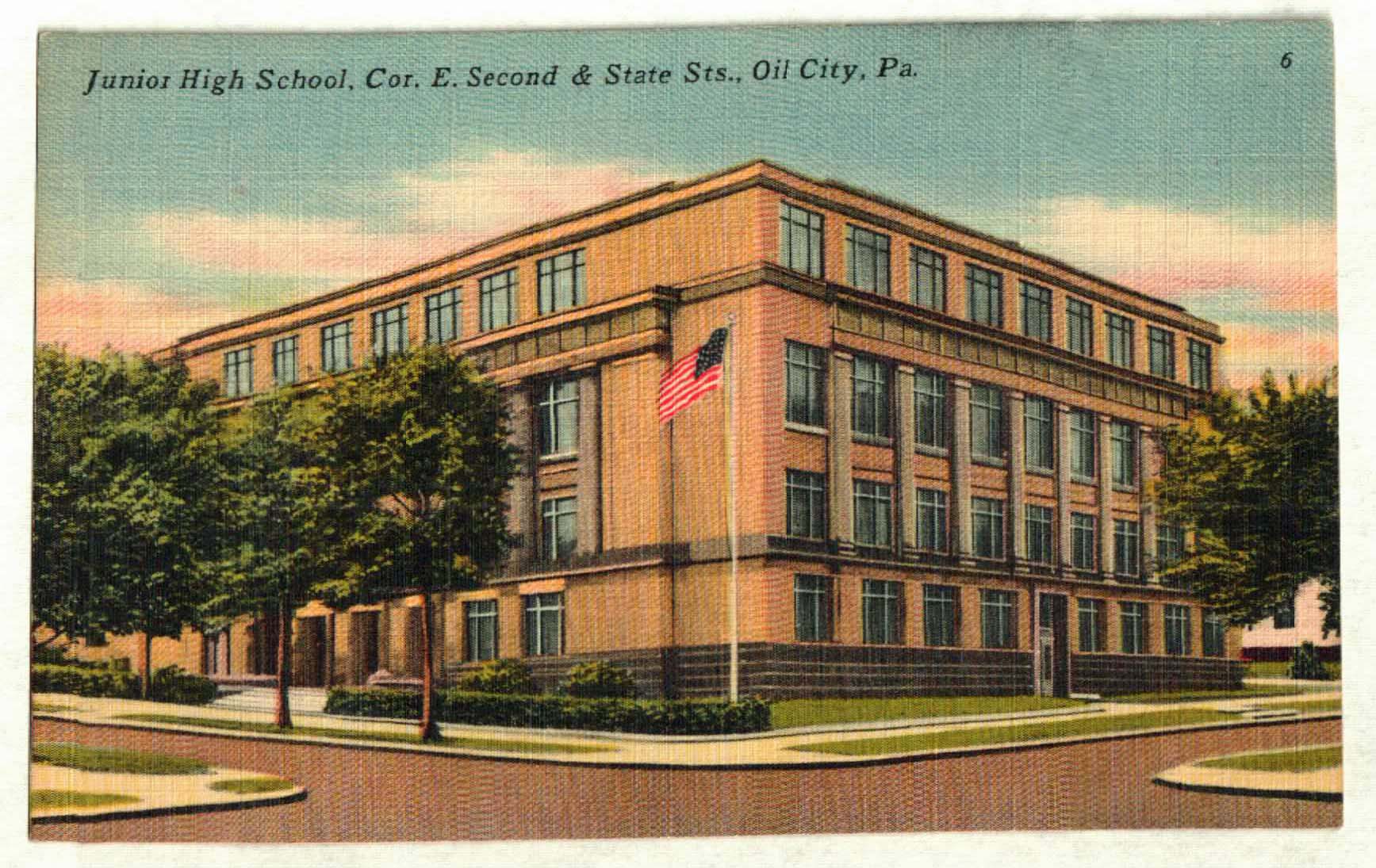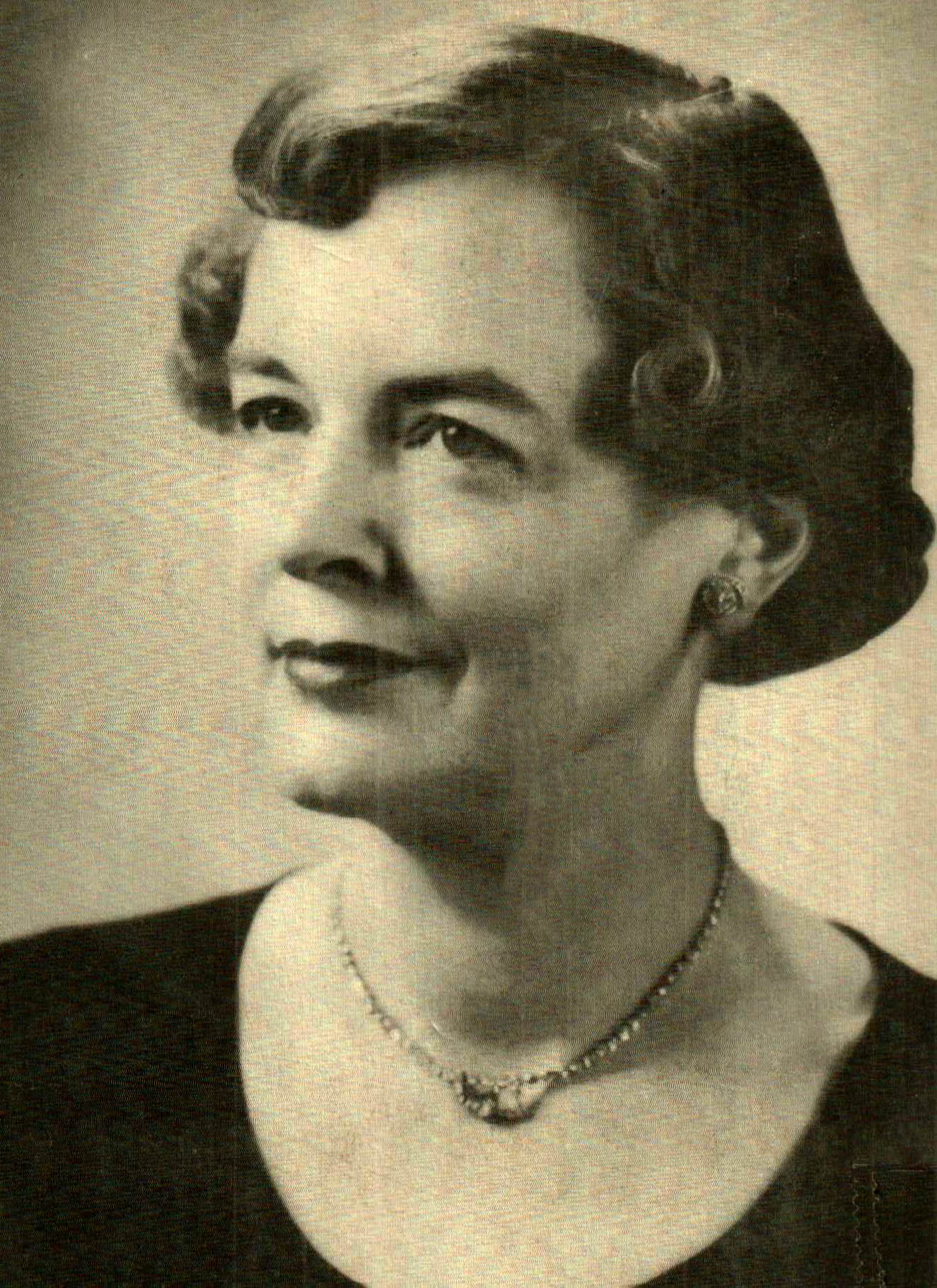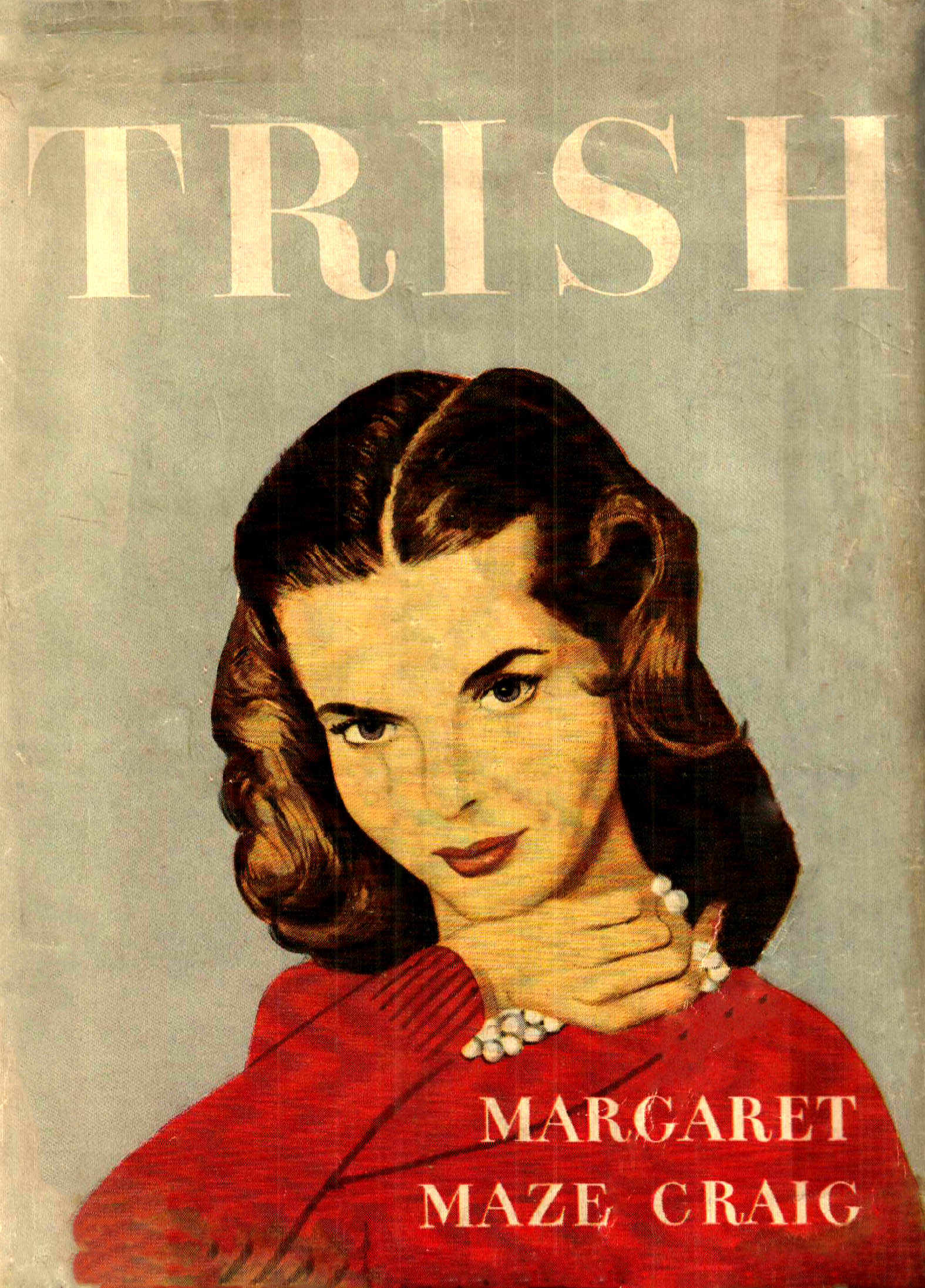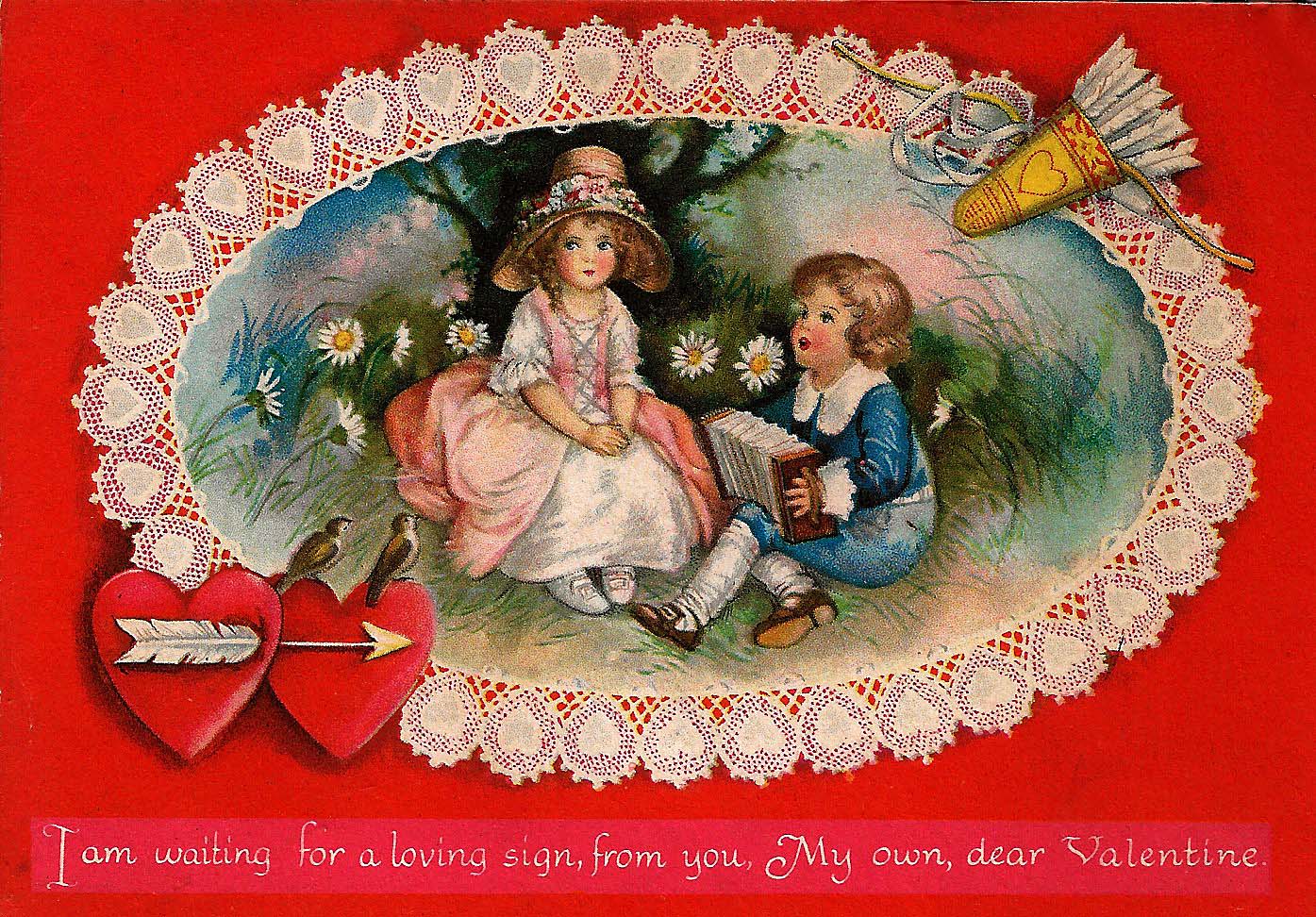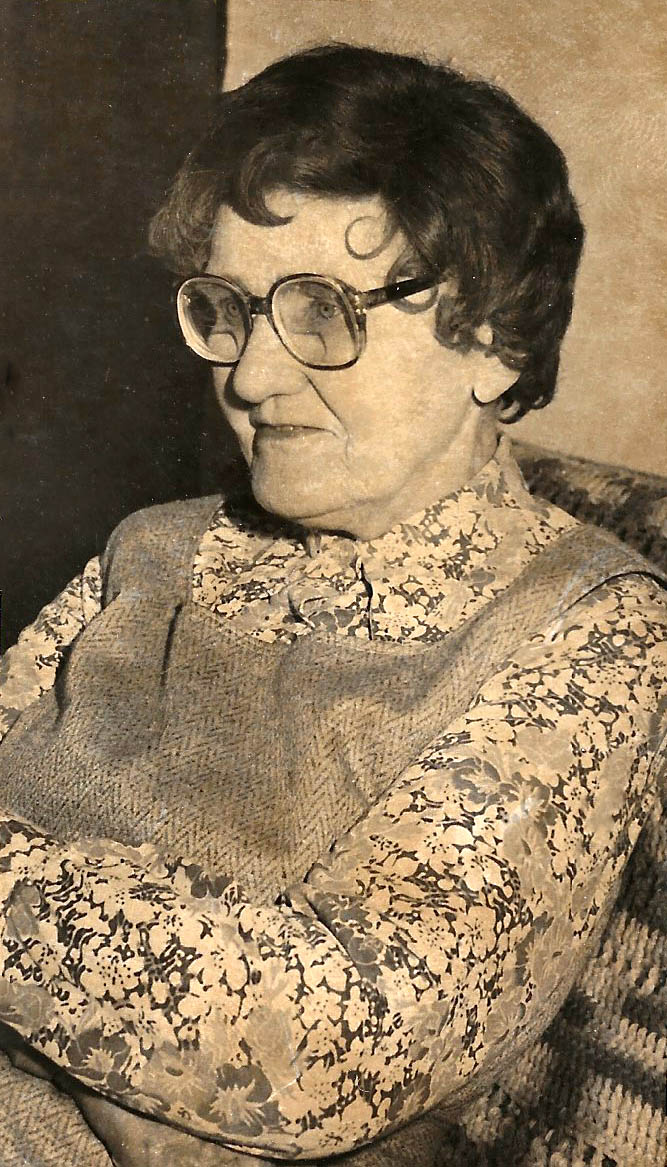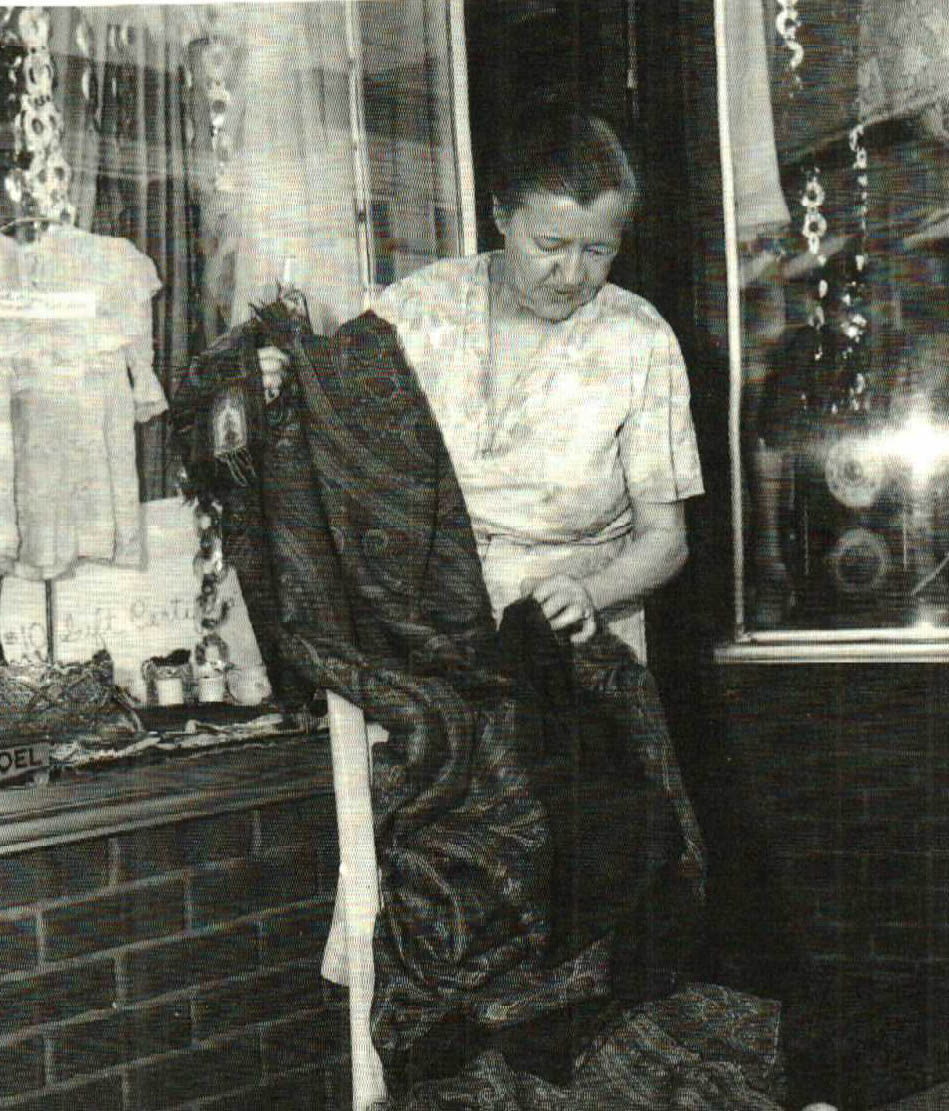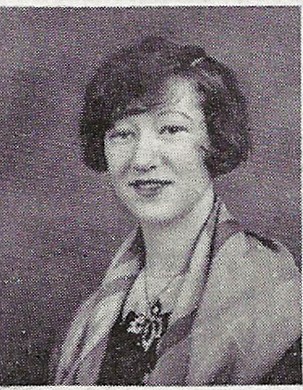Notable Women
- Judy Etzel
- August 19, 2022
- Hidden Heritage
- 5465
Oil City’s lively culture and hefty wealth in its heyday encouraged local residents to explore new occupations and civic endeavors. Women played a major role in the history of the community and many took on leading roles in a time when ladies were expected to raise families, maintain their homes and lead community projects outside of the hurly-burly business world.
Here’s a look at some of those outstanding Oil City ladies:
Dr. Ada McKee
Dr. Ada McKee, born in 1872 in Punjab, India, was the daughter of a Presbyterian missionary who was assigned to teach in Punjab. The family included her mother, Maggie Junkin Dickey McKee, and an older sister.
Worried that their daughters were not getting a formal education in India, the parents sent them to live with an aunt in Jamestown, N.Y., while they remained in India. Ada was eight years old at the time.
Ada graduated from Westminster College in 1891 and, after teaching a year in Sheffield, enrolled in the Women’s Medical College in Philadelphia. She graduated in 1896, becoming one of the first female physicians in the country, and after interning for a year, came to Oil City in 1897 at the encouragement of Rev. William McBride, pastor of the First Presbyterian Church of Oil City. The physician, known as “Dr. Ada” to her patients, set up a local general practitioner office. She resided at 110 Harriott Avenue and had her medical office in her home.
In 1937, Dr. Ada became a naturalized citizen during ceremonies in Venango County.
She began her medical career during the horse and buggy days, often driving her favorite horse, Danny, according to her obituary in 1959. She also made house calls on foot and on bicycle and the trips were often difficult because of the city’s many hills.
Dr. Ada was a practicing physician for 59 years and during her long career delivered more than 4,000 babies. While she treated all types of maladies, injuries and diseases, she specialized in obstetrics.
She served as president of the Oil City Hospital medical staff in 1945-46 and was chief of the hospital’s obstetrics department for many years. She retired in 1957.
In 1955, she was honored by two organizations for her untiring work. She received the city’s Golden Deed Award and was chosen as the Oil City-Franklin Zonta Club’s “This is Your Life” recipient. She was also cited for her outstanding professional work at the 1955 grand opening of the Oil City Hospital’s newly completed fourth floor.
In recognition of her kindness and generous spirit, her many friends and patients set up a special fund to be given to her to use as she saw fit. Dr. Ada then established a reference library for use by the medical and surgical staff at the hospital. It opened in 1954.
Dr. Ada died at the age of 87 in 1959 and was eulogized as “a woman to be greatly admired for her dedication to the people of our town.”
Margaret Maze Craig
Margaret Maze Craig spent two years teaching home economics at the South Side Junior High School in Oil City. While a very popular teacher, Craig drew equally high accolades as a writer of novels for teenagers.
Born in 1911 in Ridgway, she earned a degree from Indiana University of Pennsylvania and took a job as a home economist for West Penn Power Co. in Kittanning.
Long interested in writing, Margaret wrote her first novel while in fourth grade. While working for the power company at the same time her husband, Roy, was in the service during World War II, Craig wrote verses and greetings for card companies.
On receiving her first payment, $2, for a card greeting, Margaret declared, “Today I am a writer.”
She then sold a short story to Woman’s Day magazine and that drew the attention of the Crowell Publishing Co. The company advised that she should write a book for teenagers. The effort resulted in “Trish,” a book that the New York Times favorably reviewed in 1950.
“Mrs. Craig joins humor with sensitivity in this story of a girl’s entry into social life,” wrote the reviewer.
Five more books followed and drew praise that even though the novels had a moral theme, they were “not sugar-coated sermons.” The six novels were translated into several languages and enjoyed hefty sales. All went into paperback reprints and several were chosen as Teen-Age Books of the Month.
Margaret and Roy Craig moved to Oil City from Kittanning in 1946 and lived at 121 Wyllis Street.
She taught at the South Side Junior High School from 1956 to 1958 when she resigned to focus on writing. Her husband worked as manager of the Welker & Maxwell department store.
She died at the age of 53 in 1964, leaving behind a husband, two daughters and a reputation of having reached thousands of young people throughout the U.S. through her novels.
Juvia Johnson Wilson
An Oil City native gained fame more than a century ago for an unusual talent – Valentine designs. Juvia Johnson Wilson, born in 1872 in Oil City, moved with her husband, Henry, to Cleveland where she was known as “The Valentine Lady.” Her designs for the holiday card were reproduced on postcards issued by Raphael Tuck & Sons. The fanciful Valentine designs underwent a lithograph process in Germany and were then returned to her in Cleveland so they could be marketed and sold.
The artistry included bright colors, hearts, flowers, cupids and more. She had studied art at the Academy of Design in New York City in 1890. Her education was sponsored by two of her uncles who founded Johnson Baby Products.
According to a Cleveland newspaper article, Wilson also produced place card designs, party decorations and ivory miniatures. By 1912, reported the newspaper, she was recognized as “the leading place card producer in the country.”
In addition to her artistic work, Wilson also served on the faculty at Allegheny College in Meadville and taught music in the Maple Heights School District in Cleveland.
Bertha S. DeFrance
Bertha DeFrance’s 25-year teaching tenure familiarized thousands of Oil City students with their own backyard – Pennsylvania.
Bertha, born in 1902 in Utica, graduated from Utica High School and earned a degree in 1921 at Edinboro Normal School. She taught briefly in Ambridge and at Innis Street Elementary School in Oil City until marrying James DeFrance, an Oil City science teacher who would go on to become Lincoln School principal and then district superintendent.
After raising two children, Bertha was hired in 1952 as a librarian and English teacher at the South Side Junior High School. She was soon asked to take over the ninth grade Pennsylvania history classes at South Side.
Her curriculum became well-known – each student had to prepare a notebook on each of Pennsylvania’s 67 counties. In turn, Bertha contacted county seats, tourism agencies and more for information on each of the counties.
To supplement the Pennsylvania history information she had, Bertha went a step further and took a part-time evening job at the Oil City Library in order to do research. Students would often gather at the library to further explore the state’s history with their esteemed teacher. There were countless field trips, too, to see Pennsylvania history up close.
Bertha also taught an English class and so required that her history students use proper grammar and prose in their reports. Each student was also required to speak on various topics in front of their class. And, her English classes had to put on a three-act stage play before the entire junior high school body once a year.
Bertha retired in 1967 and was honored that same year by the Valley Forge Freedoms Foundation for “her outstanding contribution in bringing about a better understanding of the American Way of Life.”
The Foundation said she exemplified the following description of teaching: “A noble task chosen by free men and women is the self-effacing strenuous work of teaching with humility and enthusiasm the tenets of individual responsibility, personal liberty and love of country.”
In addition, noted the award, “… This teacher’s work on behalf of the American Way of Life will live for the future through the lives and actions of boys and girls grown taller and older.”
A prolific writer, Bertha also wrote a twice-monthly column for several years in The Derrick newspaper on a variety of local history topics.
The history teacher died in 1992 at the age of 90.
Naomi and Gitti Zand
Two sisters, daughters of Lithuanian immigrants Harry and Rose Soloway Zand who settled in Oil City, became well-known for their unusual vocations.
Naomi Zand, born in 1904, opened a dress shop in August 1922 at 22 Spring Street. The shop was the offshoot of a wholesale and manufacturing business started in 1895 by her father, Harry, and her uncle, Jacob Solovey. The brothers’ shop specialized in belts, garters and arm bands and was located on Spruce Street. When Naomi took it over, she converted the business to a dress shop and often traveled to New York City to purchase the newest fashions and look for bargains.
Over the years, the Naomi Zand Dress Shop moved from Spring Street to Elm and Sycamore, back to Spring Street and finally to 108 State Street. Her shop was one of the earliest in the East to offer the new Madras plaid shirtwaists, jackets and more during the 1960s.
Naomi was active in the community and taught courses at the Tree of Life Synagogue. She was listed in Who’s Who Among Women in Pennsylvania and served on the Oil City Library board.
She also taught swimming and was a lifeguard at the former YMCA on Seneca Street. Naomi died at the age of 73 in 1978.
Her sister was Gitti Zand, born in 1910 in Oil City. The Oil City High School graduate worked as a substitute teacher in the school’s commercial department. At the time, she was the youngest teacher in the history of the school.
Moving to New York City, she studied Jewish history, religion and law at the Friedlander School of Jewish Theological Seminary and Columbia University. She was a social worker for a short while until entering the lecture and writing field with an emphasis on Jewish life around the world.
As part of her work, Gitti traveled extensively to Europe, Africa and the Middle East and was one of only a few American women to participate in Operation Magic Carpet, a project that transported about 50,000 Yemenite Jews from remote Middle East areas to Israel.
United Airlines cited Gitti in 1954 for having the significant distinction of encircling the globe by air four times. She was awarded a gold pin and made a member of the airlines’ 100,000-Miles Club.
Gitti spent much time living in Jewish settlements throughout Israel and worked closely with Israeli government officials. She was a well-known speaker at forums across the U.S.
In 1948, Gitti, described in press reports as a “prominent New York civic leader,” was a featured speaker at the Women’s Division Conference of the United Jewish Appeal. The appeal was designed to offer large-scale immigration and settlement in Palestine, long-range relief assistance in Europe and aid to Jewish refugees left homeless and destitute after World War II.
Press accounts describe Gitti as “an outstanding campaigner for various humanitarian causes” and noted she was widely known for “her leadership in rallying Americans of all faiths and creeds behind the fight for civil, religious and human rights.” At the time, Gitti was a member of the executive staff of the New York City’s Department of Welfare.
Gitti, who married Jerry Needleman of New York City, died in 2005 in New York City.
Written by Judy Etzel with research by Kay Dawson and design by Natalie Cubbon.
HIDDEN HERITAGE IS SPONSORED BY:
Oil Region Alliance
Gates & Burns Realty
Support This Project
Donations to the library are appreciated to help offset printing costs & make this project possible! Want to become a sponsor? Email us at promotions@oilregionlibraries.org to get started!
Make a Donation
